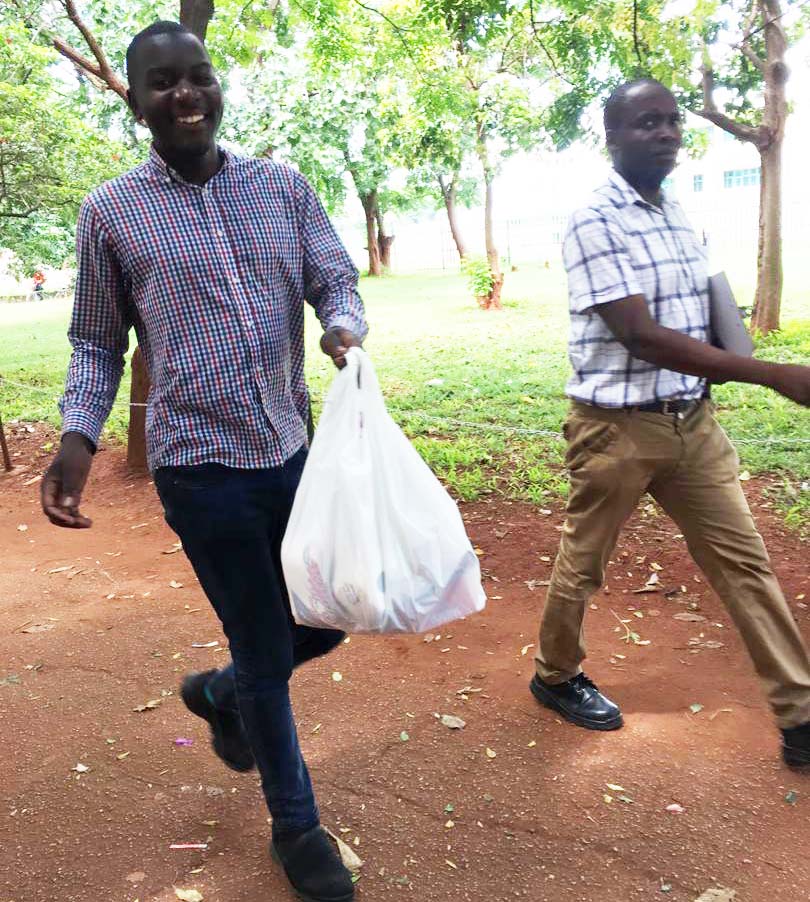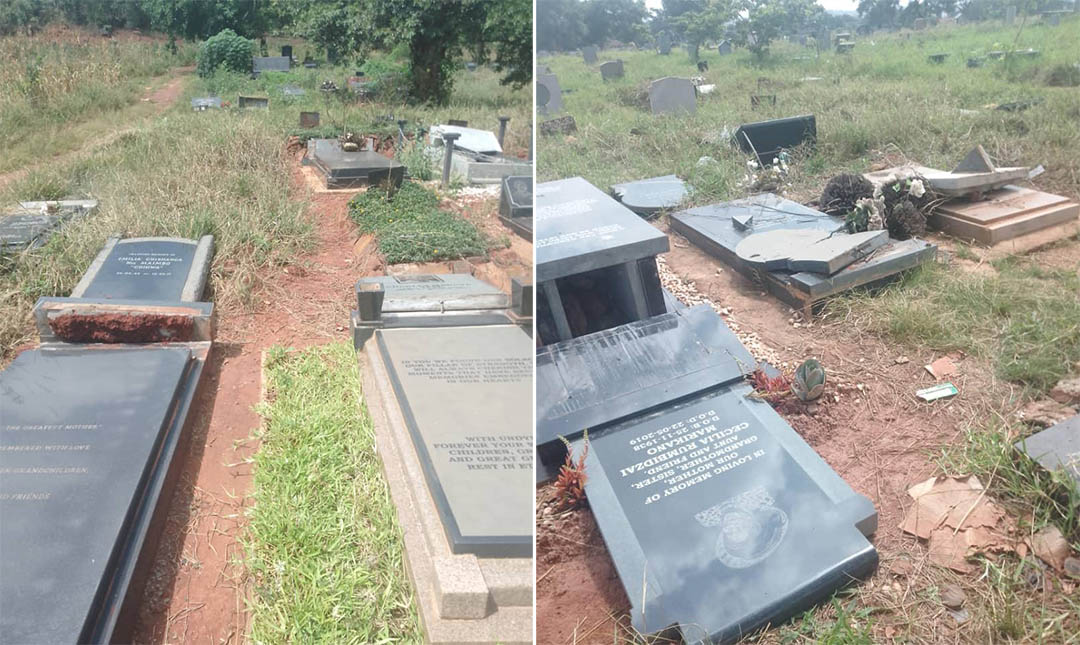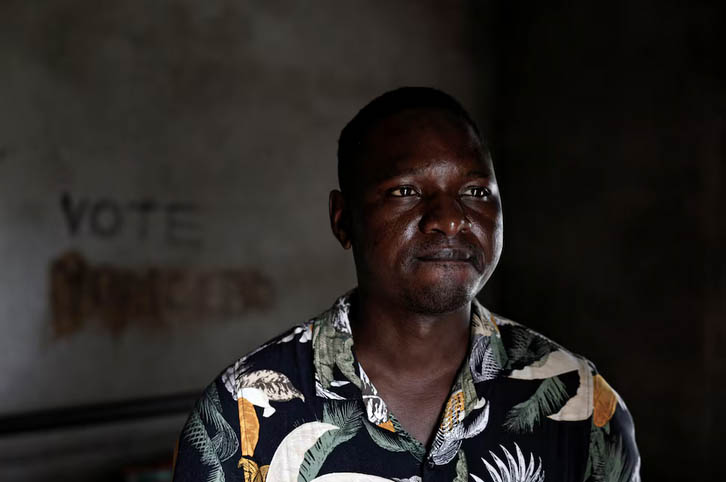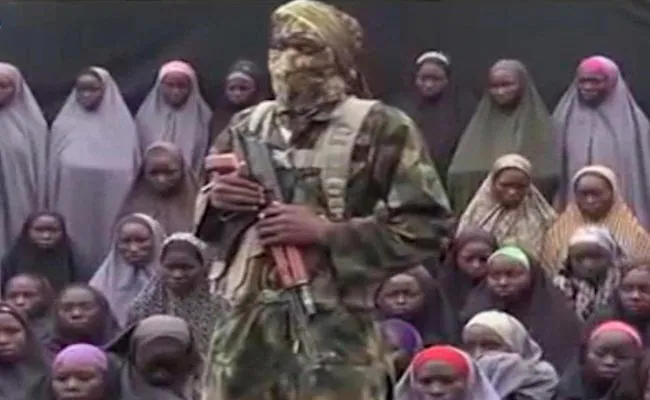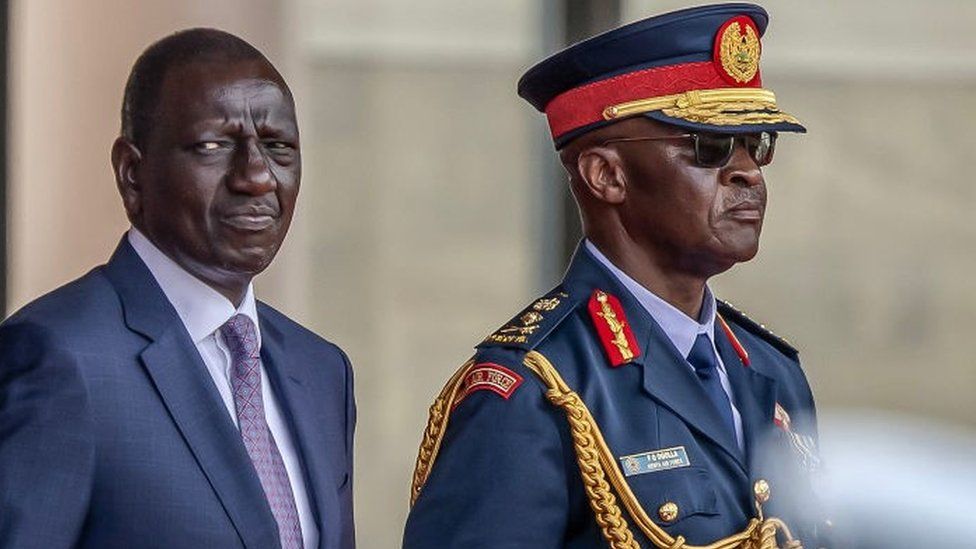HARARE – Human rights activist Makomborero Haruzivishe was freed on bail on Monday following his arrest on Saturday for allegedly taking a video at Robert Gabriel Mugabe International Airport, which authorities consider a “protected area”.
Haruzivishe appeared before Harare magistrate Barbra Mateko, who freed him on $50.
The rights activist gave notice through his lawyer Gift Mtisi of the Zimbabwe Lawyers for Human Rights that he will be challenging his placement on remand when he next appears in court on February 4.
Haruzivishe is accused of recording a secret video during a meeting with an airport immigration official on January 11 when he went there to enquire about an American national and three Congolese human rights activists who were abducted from their Harare hotel in the middle of the night by state security agents.
Jean Felix Mwema, Apollinaire Dialungani and Valmy Mwite – all from the DRC – were deported on Friday afternoon, just as authorities handed Uzoamaka Okeke Ewo to the United States embassy with a prohibited person order. She left on her scheduled flight on Saturday.
The quartet had taken part in meetings of the Global Network for Youth Action held in Harare, where Haruzivishe also spoke.
Authorities have not said what laws were broken by the deported activists, who held discussions with their Zimbabwean counterparts about increasing youth participation in governance and elections in their countries.
The general rule is that everyone is free to take photographs of anything and anyone they like, except where the law specifically forbids photographs to be taken. This is one aspect of freedom of expression, which is protected by the Constitution and which includes freedom to receive and impart ideas and information.
This freedom as spelt out in the Declaration of Rights can only be limited in certain circumstances, by a law passed in order to protect: the interests of defence, public safety, public order, the economic interests of the State, public morality or public health; or the reputations, rights and freedoms of other people, or the private lives of people concerned in legal proceedings; or the authority and independence of courts or tribunals or Parliament.
And any such law must be “reasonably justifiable in a democratic society”.
There are several laws that prohibit or restrict the taking of videos and photographs in Zimbabwe, including the Defence Act, Electoral Regulations, Prisons Regulations, Official Secrets Act and the Protected Places and Areas Act.
According to the legal rights group, Veritas, the airports do not appear under the places and areas listed in the Index to Legislation as being “protected”. The only facilities listed as “protected areas” are the Aurex Factory in Goromonzi; the Beitbridge border post; the ‘Chimanimani Restricted/Reserved Area’ presumed to be Marange diamond fields; the Zimbabwe Defence Industries factories in Domboshawa; Fidelity Printers and Refinery in Harare; an underground fuel depot in Mabvuku; a fuel depot in Masasa; the National Heroes Acre; former President Robert Mugabe’s retirement home in Borrowdale; the environs of State House in Harare; and the Wilton Pipe Station.
